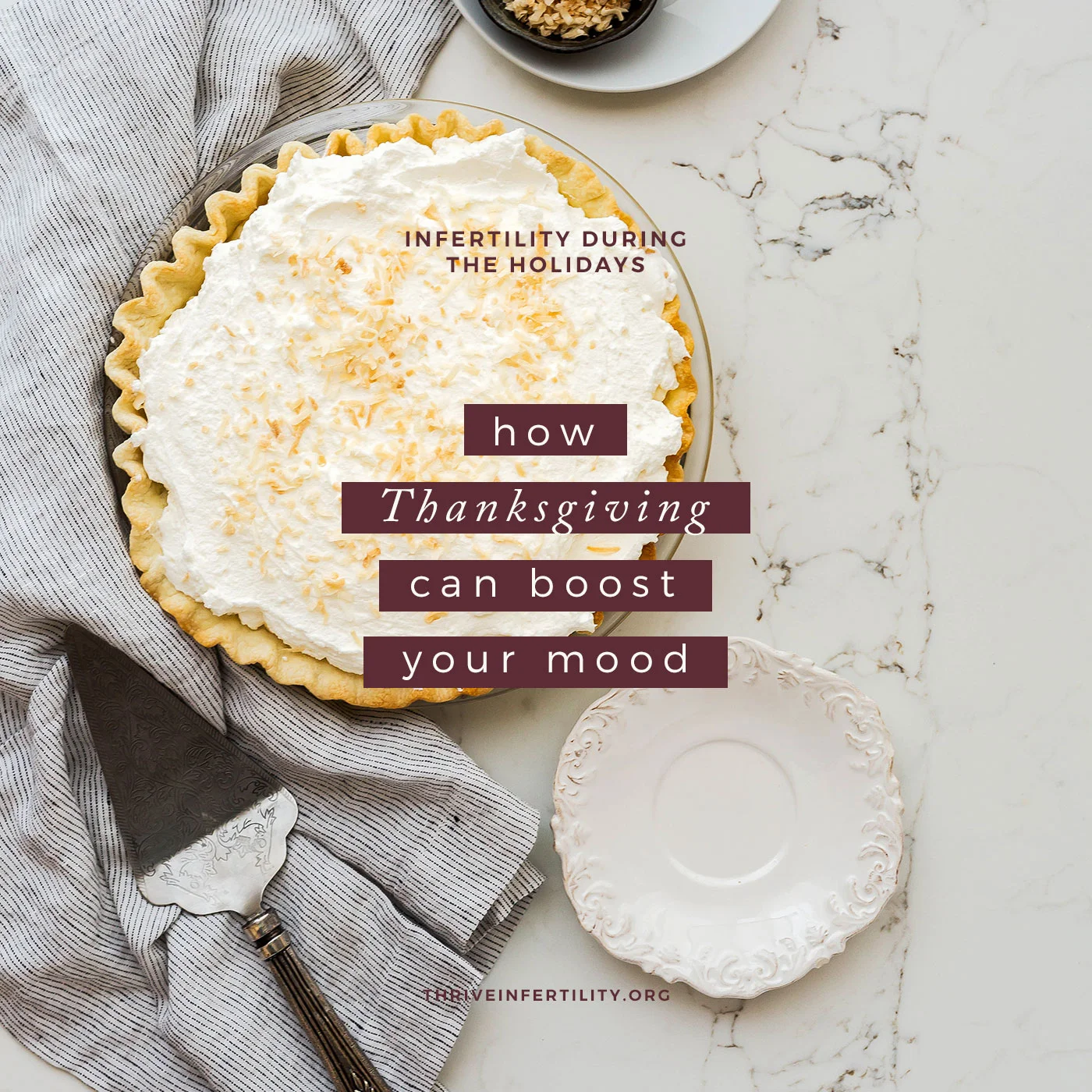When a woman realizes she is pregnant, the emotional relationship with her child begins. She and her partner begin to create a vision for what life with that child will be like.
When that pregnancy ends, no matter the gestational age, it feels like a legitimate death. A death that occurs inside her own body, creating a unique layer of trauma and agony unlike any other type of loss.
All those hopes, dreams, and expectations come crashing down. Replaced with overwhelming sadness, anger, confusion, fear, and sometimes even shame.
Our culture has done a really poor job of embracing loss, leaving most of us ill-equipped to provide meaningful support to those who are mourning. Though well-intentioned, we get uncomfortable, flustered, and in our absence of understanding what could really help, we often say things that actually contribute to the griever’s pain.
And the fear of saying or doing the wrong thing also keeps many people paralyzed from reaching out when they are needed the most.
This often results in a damned-if-you-do, damned-if-you-don’t type of situation, causing everyone to feel pretty crappy.
The truth is there are no magic words or gestures that solve the problem of grief.
But there are definitely certain things you can do (and not do) to help your loved ones feel less alone, more understood, and fully supported as they process their loss.
1. Acknowledge the loss
You wait for the right words, but they never come. You think of something nice to do, but doubt it will help. Analysis paralysis full sets in. It’s totally normal and happens to all of us.
I encourage you to push through every excuse that comes to mind and reach out in some way.
You can’t go wrong with:
- I heard, I love you, and I’m so sorry.
- I’m here to listen when you're ready.
- I don’t have the right words, but I’m here to support you in any way that I can.
- This is so unfair and heartbreaking. I hate that you are experiencing this pain.
Basically any version of: “I love you…this sucks…I'm here” is golden.
Texts, emails, and social media DM's all count.
Phone calls are a must if you are really close, and cards always make a big impact.
These below, by Emily McDowell Studio, are my absolute favorite Empathy Cards available.
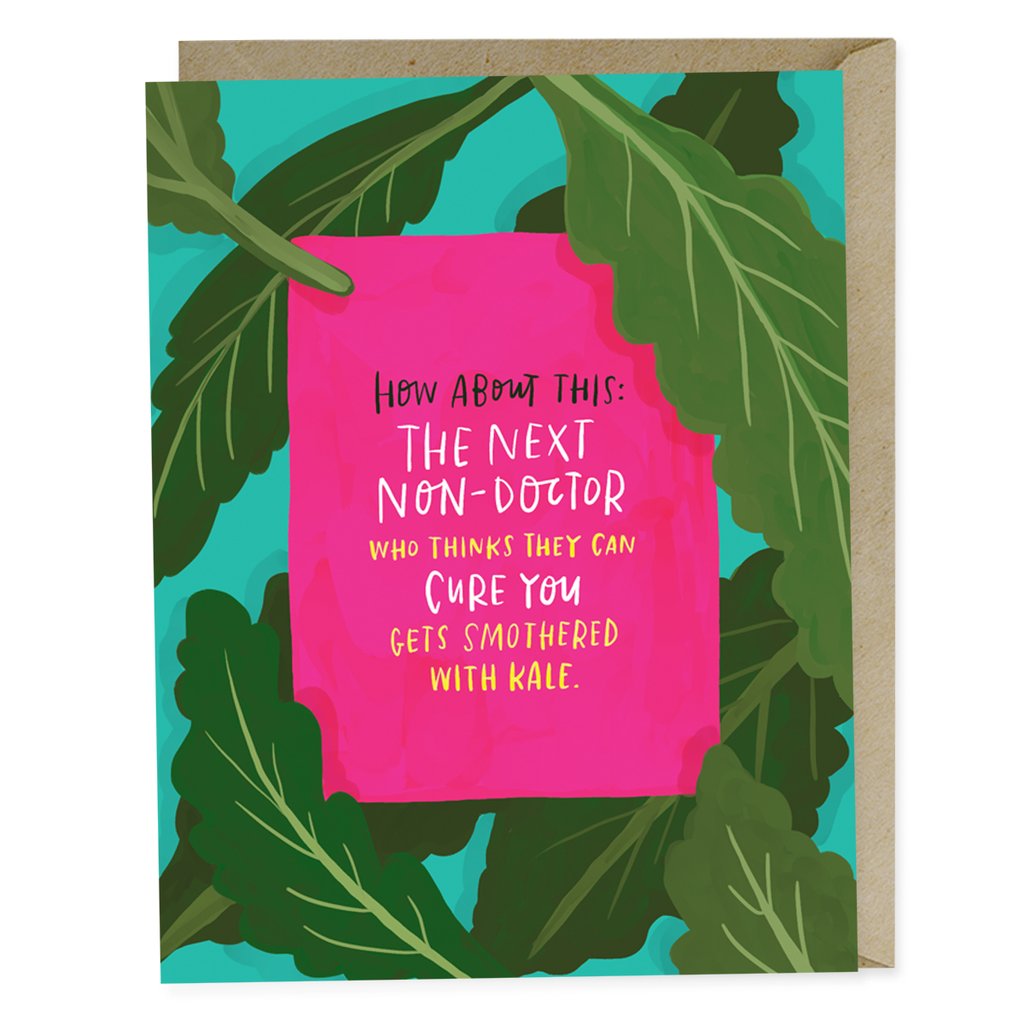
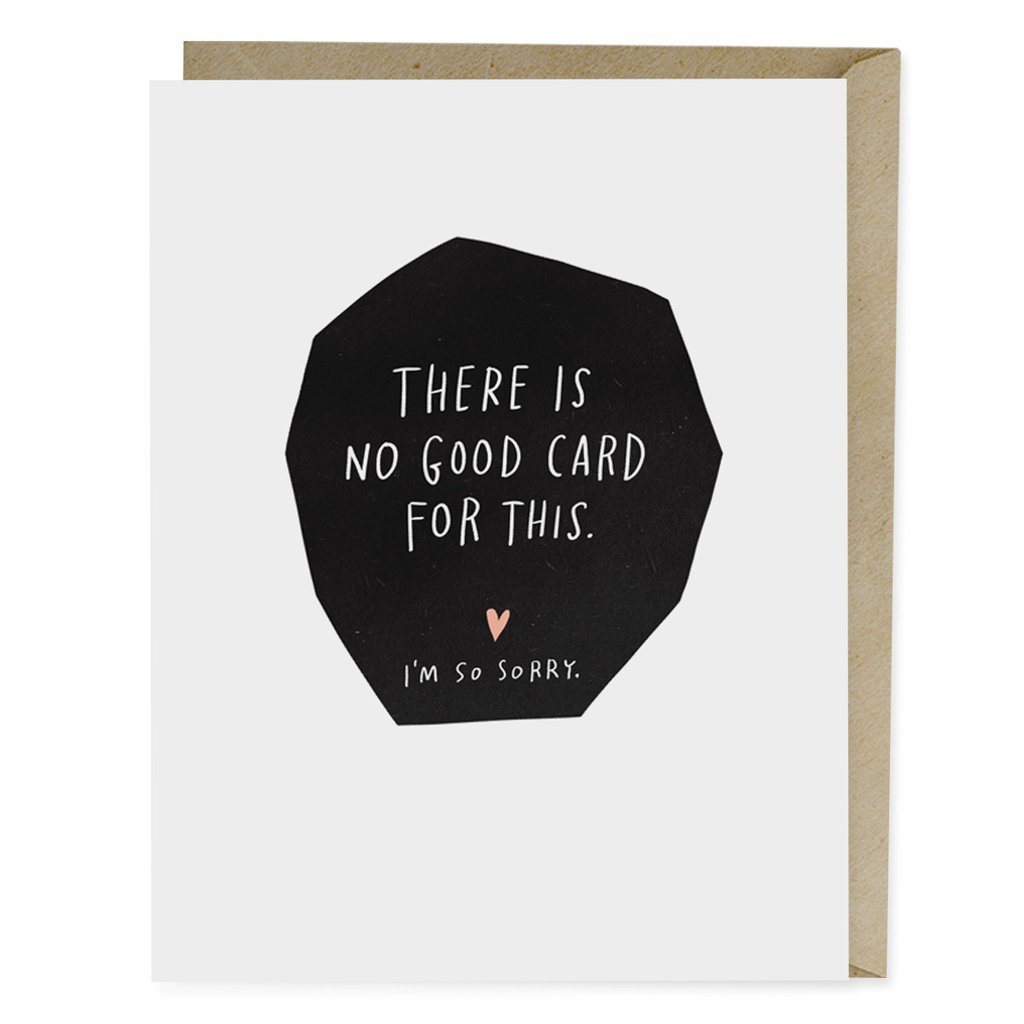
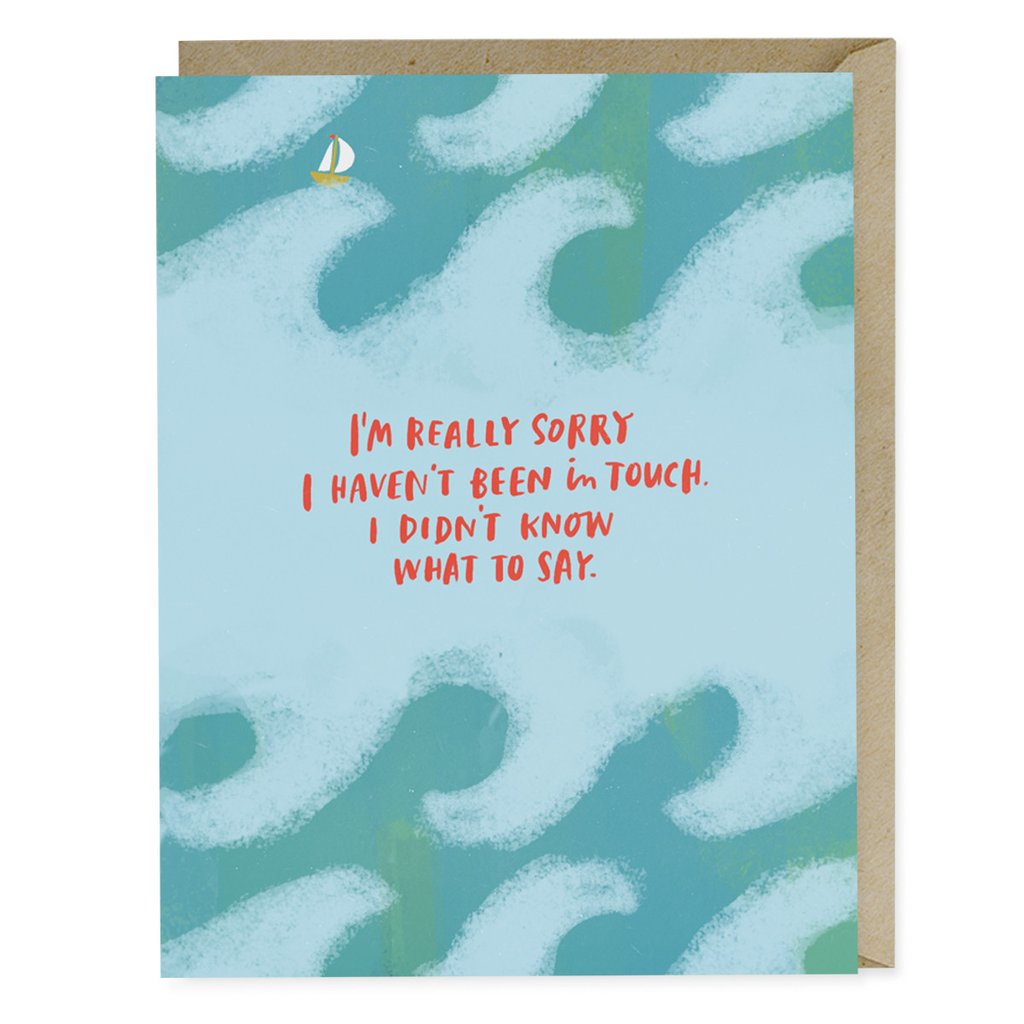
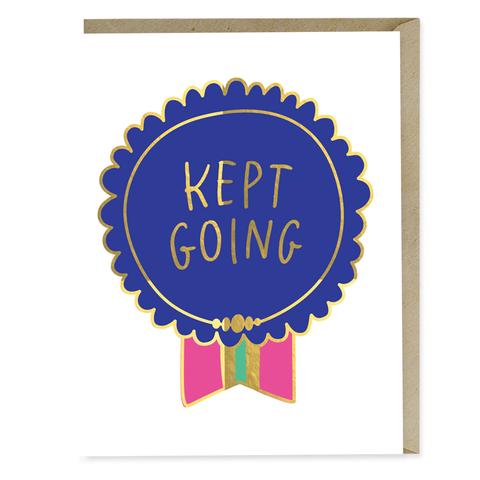


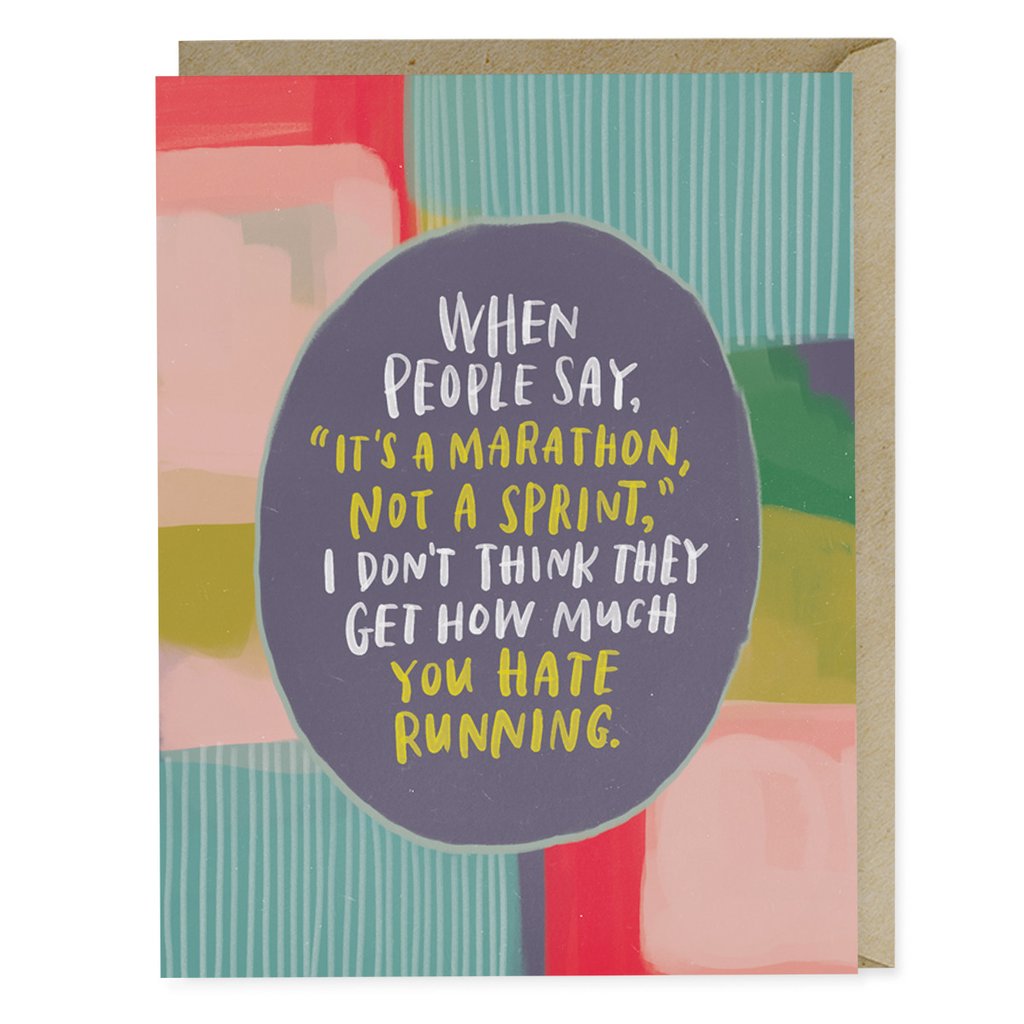
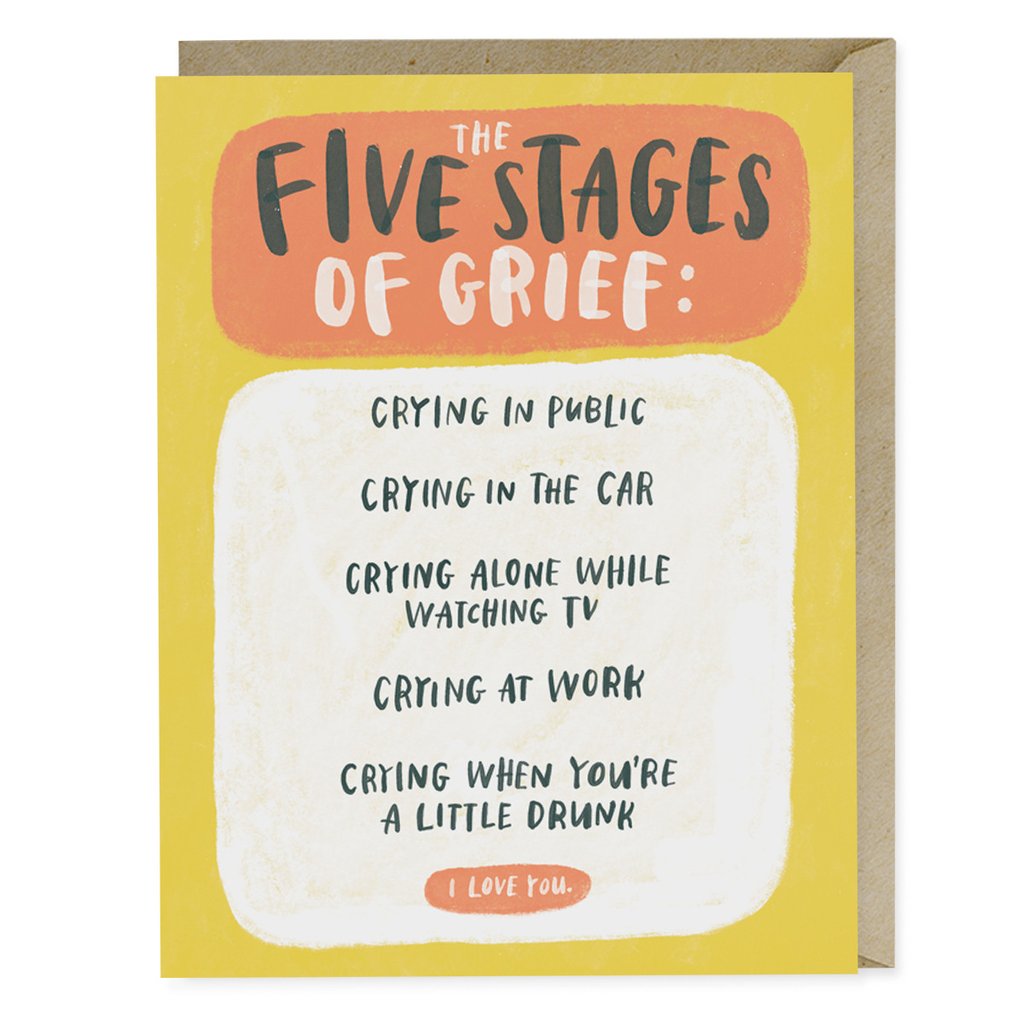
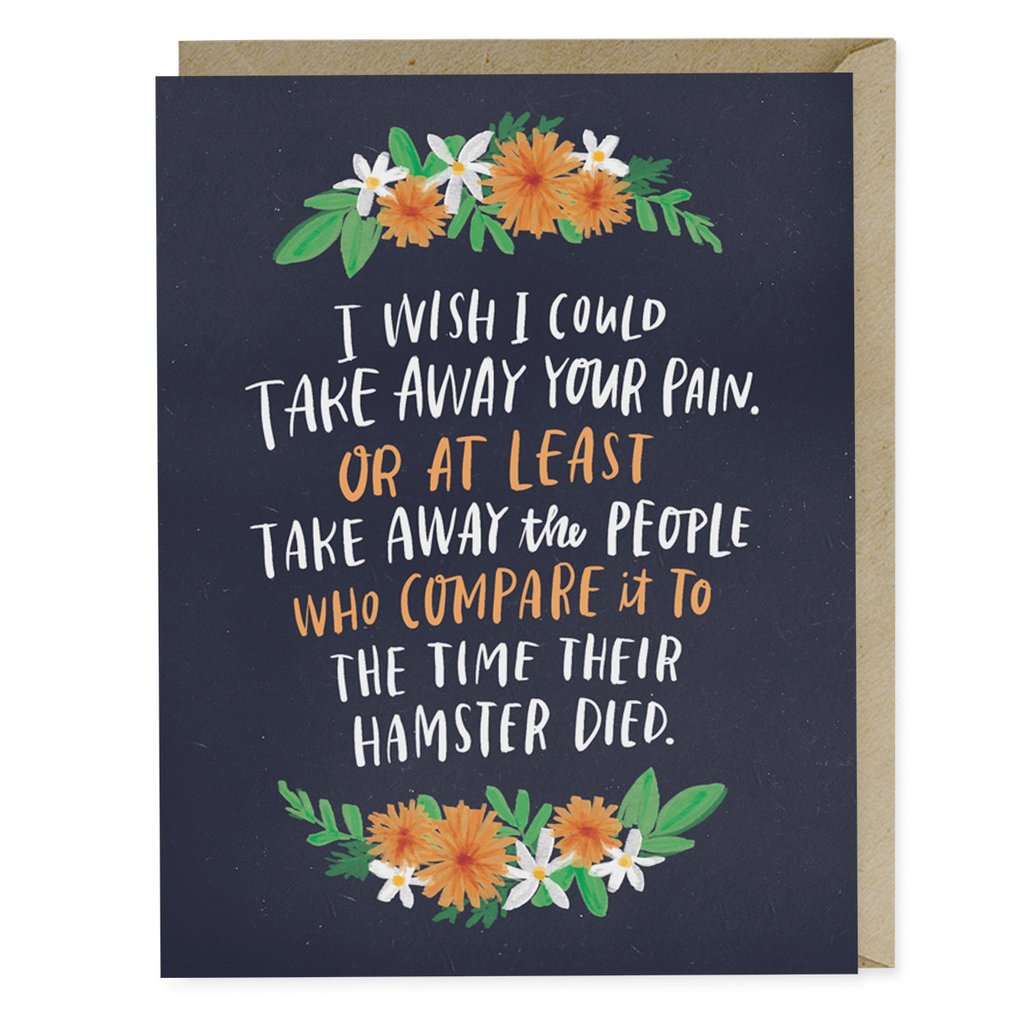

2. Avoid Unhelpful Statements
Kelsey Crowe, Ph.D. & Emily McDowell, say it best in their book "There is No Good Card for This: What to Say and Do When Life is Scary, Awful, and Unfair to the People you Love"
“We believe in getting things done rather than just letting things be, and we believe that “healing” means getting over rather than learning to live with the loss. Our discomfort with suffering, and our rush to make it stop, can result in simpleminded fixes that suggest the problem of grief is an easy one to get over. This superficial effort just makes the suffering person feel even more broken (and pathetic) for suffering at all, and more detached from the person trying to help.”
For these reasons, it’s best to avoid any type of ADVICE GIVING, PLATITUDES, COMPARISONS & OPTIMISM like:
- ANYTHING beginning with “At least” or “Just”
- Just…give it time / try again / adopt / get over it
- At least…it happened early / you can get pregnant / you can do IVF again / you have more embryos/ you already have a child
- ANYTHING to do with God or the Universe having a plan or a reason.
- You should try…
- It could be worse.
- Don’t worry.
- Did this happen because..?
- When this happened to me...
“Grief is about a broken heart, not a broken brain. All efforts to heal the heart with the head fail because the head is the wrong tool for the job. It’s like trying to paint with a hammer – it only makes a mess.”
3. Learn to Listen & Respond with Empathy ONLY
Active listening and empathy are art forms, and when done right, they will make you a freaking superhero of support.
And the good news - they are much easier to do than trying to find the perfect thing to say.
How to Really Listen
Staying silent and listening can feel incredibly uncomfortable, and we all have our go-to default ways to fill the quiet. In Emily McDowell and Kelsey Crowe's book There is No Good Card for This, they call this approach "non-listening."
1. Look at the illustration and pick out which ones you tend to rely on the most. Having an awareness of your tendency will help you avoid it.
2. Next, simply practice staying silent, nodding, and staying tuned into what the talker is saying...without planning what you will say in return.
3. After they finish talking, wait a few seconds before you respond to give them time to pause and keep expressing their thoughts and feelings. That's it!
Just being present, letting them feel and express their pain, while never filling the space with pressure to move beyond the moment, is the most powerful gift you can give someone who is hurting.
Going one step further with Empathy
Empathy truly is the best way to ease someone's pain and suffering.
In this beautifully animated 2 minute film, Dr. Brené Brown, with all her wisdom and wit, shows us how to create a genuine empathic connection. IT'S A MUST WATCH!
4. Do a Good Deed
One of the most common things a griever hears from others is, “Let me know if you need anything.” In all likelihood, they will never make that call. Often times, they don’t even know what they need. Or if they do, they feel uncomfortable asking for help.
Don’t wait for them to take the lead.
Here are some NON-INTRUSIVE, practical ways to show thoughtfulness:
- Send restaurant & meal delivery gift cards (this works much better than showing up with a random meal)
- Offer to come over with some booze to binge watch a show
- Pick them up for a relaxing yoga session (your treat, of course)
- Make a music playlist for different moods
- Leave a pretty plant by the door
- Send them funny gifs, texts, or videos
- Share your Netflix or Movie channel passwords
- Run simple errands
- Send her to get pampered at the spa
- Drop off a favorite dessert
- Send flowers or a card
- Pay for someone to clean the house
One BIG Important Tip: Invite them to your event, but give them an out, expressing that you understand that it might feel too painful right now. This is especially critical when the event has to do with babies or kids, like a baby shower, birthday party, or maternity related hospital visit.
5. Provide On-going Support
After a few weeks, it can be easy to forget that our loved ones dealing with loss are still in the throws of grief. They might look normal and seem to be functioning, but that doesn’t mean they are doing okay.
After the initial wave of support ends, an overwhelming void of loneliness can often be left in the wake. It feels like everyone else has forgotten and moved on.
Loss doesn’t have an expiration date, and neither should our attention and care.
But let’s get real – life gets busy and it can be hard to remember to consistently reach out. This is where technology saves the day!
Take 5 minutes right now and set an alarm for every few days when the loss is new, then space it out to every week, then every month.
It's a simple reminder to send a small gesture that says some version of “I remember, I’m thinking about you, How are you doing now?”
Major dates to set reminders for:
- Baby’s original due date
- Mother’s day
- Father’s day
Also, it can be really scary when a couple gets pregnant again after they've experienced a loss. Being excited with them is great, but also take a moment to acknowledge that they might be feeling vulnerable and scared.
You are now all set to be an empathetic, supportive rockstar to your friend, family member, spouse, or anyone else that is in need. These tips can actually be applied to anyone who is grieving, no matter the context and type of loss.
Much love,
Dusty
Check out these great resources
The Perfect Guide
This down-to-earth and funny reference book is a must-have guide to providing effective support in any scenario.
